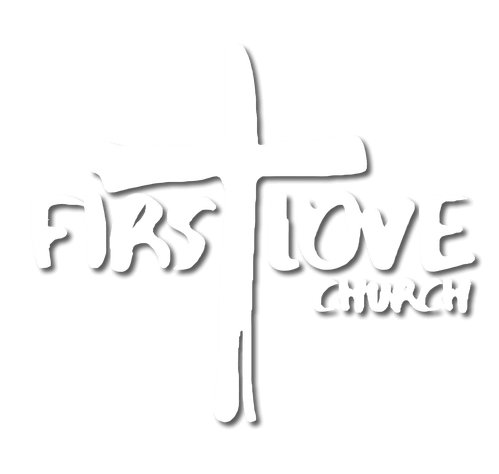501(c)(3) is a special designation given by the United States Internal Revenue Service (IRS) to certain organizations, including churches, that are recognized as tax-exempt. It means that these organizations are exempt from paying federal income tax on their earnings and donations. This designation is important for churches because it encourages individuals and businesses to donate to them by allowing those donors to claim a tax deduction for their contributions.
When a church is classified as a 501(c)(3) organization, it means that donations made to the church are considered tax-deductible. This means that individuals and businesses can subtract the amount they donate to the church from their taxable income when calculating their taxes. For example, if someone donates $100 to a 501(c)(3) church and their taxable income is $50,000, they can reduce their taxable income to $49,900. This can result in lower taxes for the donor and can provide an incentive for people to give to the church.
In order to maintain their 501(c)(3) status, churches must meet certain requirements set by the IRS. This includes using their funds primarily for religious, charitable, or educational purposes and not engaging in excessive political lobbying or endorsing specific political candidates. It's important for churches to follow these rules to maintain their tax-exempt status and continue to receive the benefits of being a 501(c)(3) organization, which can help support their mission and activities.
When a church is classified as a 501(c)(3) organization, it means that donations made to the church are considered tax-deductible. This means that individuals and businesses can subtract the amount they donate to the church from their taxable income when calculating their taxes. For example, if someone donates $100 to a 501(c)(3) church and their taxable income is $50,000, they can reduce their taxable income to $49,900. This can result in lower taxes for the donor and can provide an incentive for people to give to the church.
In order to maintain their 501(c)(3) status, churches must meet certain requirements set by the IRS. This includes using their funds primarily for religious, charitable, or educational purposes and not engaging in excessive political lobbying or endorsing specific political candidates. It's important for churches to follow these rules to maintain their tax-exempt status and continue to receive the benefits of being a 501(c)(3) organization, which can help support their mission and activities.
